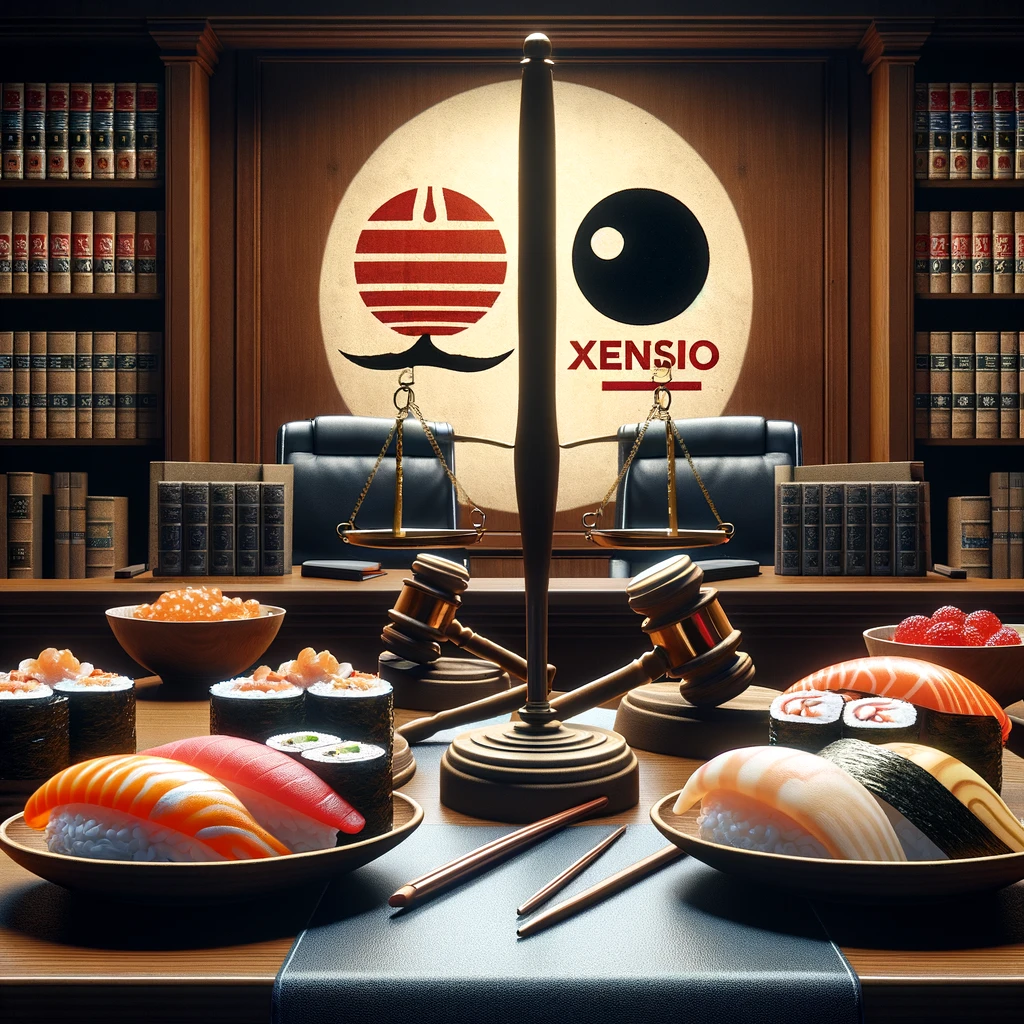Recently, legal battles between conveyor belt sushi chains have garnered attention. In particular, the lawsuit between Kappa Create, the operator of “Kappa Sushi,” and a subsidiary of Zensho Holdings, which operates “Hamazushi,” poses significant legal interest as it questions the importance of trade secrets and corporate ethics.
In this lawsuit, the former president of Kappa Create was found guilty of illegally acquiring trade secrets, violating the Unfair Competition Prevention Act. This case highlights the critical importance of information management in the fiercely competitive conveyor belt sushi industry.
While Kappa Create has sought dismissal of the claims, Hamazushi alleges that the illicitly obtained data was actually used both inside and outside Kappa, which, if true, represents a serious issue from the perspective of protecting trade secrets. The 500 million yen in damages and an injunction against the use of the trade secrets that Hamazushi seeks could be seen as an expression of their intent to maintain fair competition in the industry.
This lawsuit could prompt the strengthening of legal frameworks regarding the handling of trade secrets and a review of corporate internal control systems. Especially considering the incalculable impact that the leakage of internal information can have on competitors, companies need to pay even more attention to information management.
The progression of this lawsuit will be of keen interest not only to legal professionals but also to the entire business community. This is because it directly ties into how strengthening corporate ethics and compliance can maintain the overall health of the industry.
